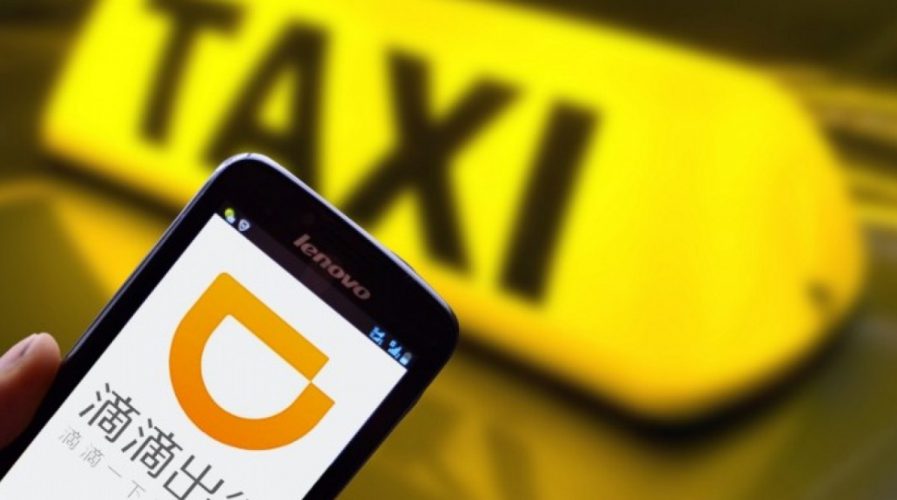
DiDi Chuxing invests in own electric cars. Source: Shutterstock
China’s Didi mulls mind-blowing $6b funding round by SoftBank
WHEN you’re one of the most valuable companies in the world, your problems include having to decide whether to take billions of dollars from a top investor.
As reported by Bloomberg, ride-sharing behemoth Didi Chuxing is mulling over a US$6 billion round of funding from SoftBank Group at the moment. If Didi chose to accept the offer, it would shatter investment records in China’s tech startup ecosystems.
The struggle beneath the surface, suggests Bloomberg, has to do with balancing stakeholder interests.
Backers are made up of more than 100 investors to date including the likes of Alibaba and China’s sovereign wealth fund which contributed to a US$7.3 billion round back in June 2016. Existing investors, Tencent and Apple, are keen on joining SoftBank’s round, although potentially on a “pro-rata basis” in order to avoid having their shares diluted.
Potentially major Japanese investment in Chinese tech startup https://t.co/OABqCpp22r
— Amy King (@amysarahking) March 29, 2017
Zhou Xin, an Internet consultant with Beijing-based Trustdata, weighs in on the pros and cons of investing in a company like Didi.
He said:
“The car-hailing business might be limited in market size but if you look at the entire transport industry and possibilities, then Didi is very well positioned.”
“(Masayoshi) Son (SoftBank CEO) bet on Alibaba years ago for the potential consumption upgrade China would experience [and] investing in Didi would follow the same philosophy.”
Didi will need to raise ample capital to stay competitive with its rivals, such as Uber and Alphabet, in developing self-driving technology.
Like its Internet giant counterpart Baidu, Didi is banking on Silicon Valley’s technical expertise and has opened up an AI and self-driving technology R&D lab in Mountain View, California – easily bringing on board top security researchers including former Uber employee Charlie Miller.
Besides deciding whether to take on SoftBank as an investor, Didi is also jumping through regulatory hoops which limit the number of private cars it’s able to operate and drivers it can hire. These legal hurdles may slow Didi down on the road to an initial product offering, but being one of the world’s hottest tech companies with billions of dollars at its disposal isn’t a bad position to be in.
READ MORE
- Ethical AI: The renewed importance of safeguarding data and customer privacy in Generative AI applications
- How Japan balances AI-driven opportunities with cybersecurity needs
- Deploying SASE: Benchmarking your approach
- Insurance everywhere all at once: the digital transformation of the APAC insurance industry
- Google parent Alphabet eyes HubSpot: A potential acquisition shaping the future of CRM
